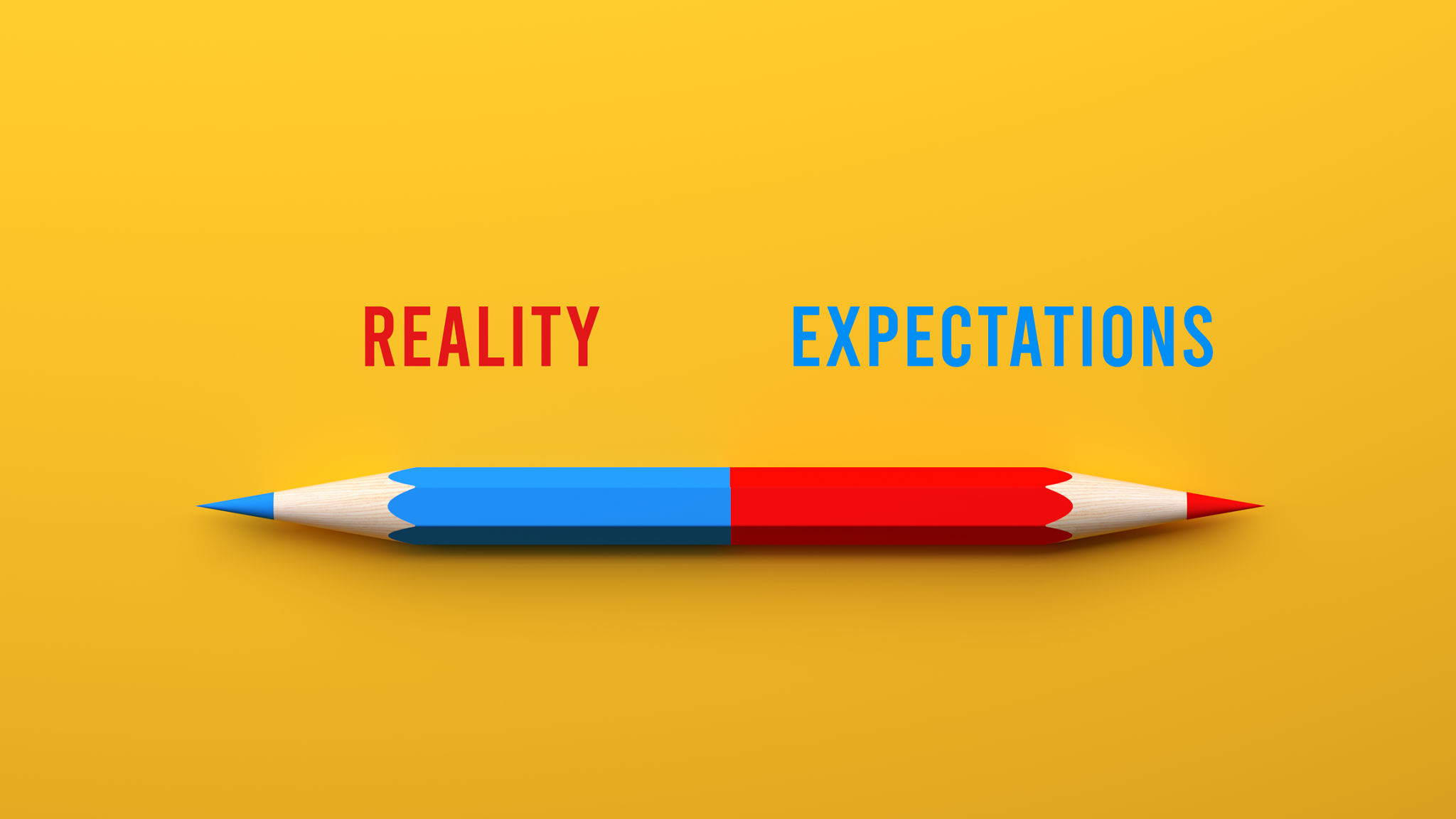Exploring Alternative Education Models in Malaysia: A Path to Personal Transformation
Introduction to Alternative Education Models
In recent years, Malaysia has witnessed a growing interest in alternative education models as parents and educators seek more personalized and holistic approaches to learning. These models offer flexibility, creativity, and an emphasis on the individual needs of students, diverging from the conventional education system that often prioritizes standardized testing and rigid curricula.

The Rise of Homeschooling
Homeschooling is one of the most popular alternative education models in Malaysia. This approach allows parents to tailor the educational experience to suit their child's unique learning style, interests, and pace. With the availability of online resources and support communities, homeschooling has become more accessible, providing a viable option for parents who wish to have a direct hand in their child's education.
Many families opt for homeschooling to provide a learning environment that aligns with their values and beliefs. This model also enables students to explore subjects in greater depth and pursue their passions, often resulting in a more engaged and enthusiastic learning experience.
International Schools: A Global Perspective
International schools in Malaysia offer another alternative education model, providing curricula from countries like the United Kingdom, the United States, and Australia. These schools offer a diverse cultural environment and a global perspective, preparing students for further studies or careers abroad. International schools often emphasize holistic development, critical thinking, and creativity while maintaining high academic standards.

Waldorf and Montessori Schools
Waldorf and Montessori schools represent alternative education philosophies that focus on child-centered learning. The Montessori method emphasizes self-directed activity, hands-on learning, and collaborative play, while Waldorf education focuses on nurturing creativity and imagination through arts-based curricula.
These schools often encourage a nurturing environment where students learn at their own pace. They promote the development of social skills, emotional intelligence, and critical thinking abilities, forming well-rounded individuals ready to face the challenges of the modern world.
Benefits of Alternative Education Models
Alternative education models offer numerous benefits, particularly in fostering personal transformation. Some of these benefits include:
- Customized Learning: Tailored educational experiences cater to individual learning styles and interests.
- Flexibility: Flexible schedules allow for a balanced approach to academics and extracurricular activities.
- Emphasis on Critical Thinking: Encouraging problem-solving and decision-making skills.

Challenges in Implementing Alternative Education
While the benefits are significant, implementing alternative education models in Malaysia also presents challenges. These include regulatory hurdles, limited access to resources for some families, and potential social isolation for students who are homeschooled or enrolled in specialized programs.
Another challenge is ensuring quality and consistency in educational outcomes. As these models become more popular, ensuring that they meet educational standards while maintaining their unique approaches is crucial.
The Future of Education in Malaysia
The landscape of education in Malaysia is evolving as more people recognize the value of alternative education models. Moving forward, it is essential for policymakers, educators, and parents to collaborate in creating an inclusive educational system that accommodates diverse learning needs and prepares students for an ever-changing world.
By embracing these innovative approaches, Malaysia has the potential to cultivate a generation of well-rounded individuals who are not only academically proficient but also emotionally intelligent and socially responsible.
